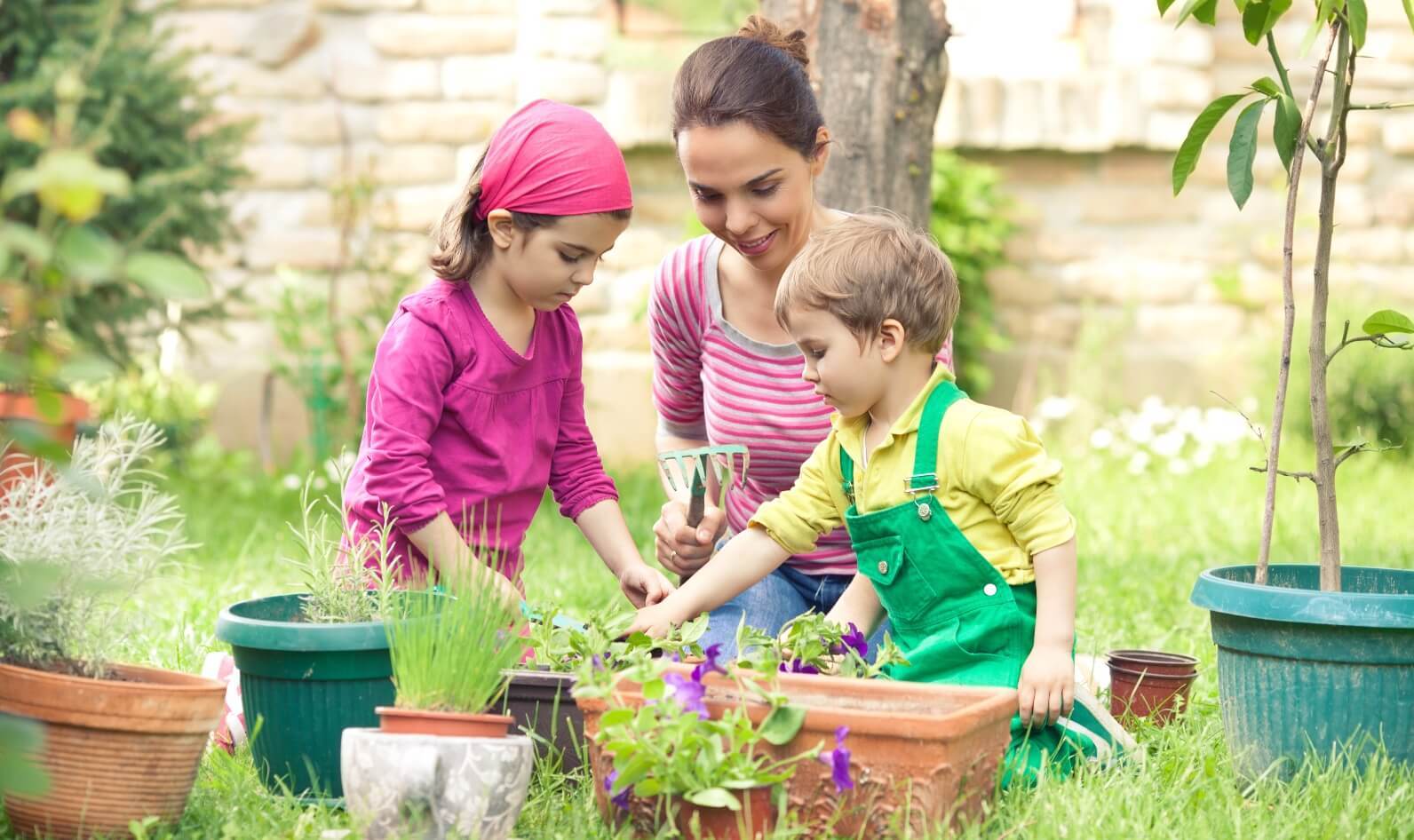Essential Gardening Tools Every Gardener Needs for a Beautiful Yard
Essential Gardening Tools Every Gardener Needs for a Beautiful Yard
Blog Article
Unlocking the Perks of Gardening: A Detailed Take A Look At the Various Kinds and Their Influence On Wellness
Exploring the diverse advantages of horticulture exposes a spectrum of practices that substantially improve private wellness. From vegetable and natural herb yards to container and elevated bed arrangements, each type provides distinct advantages that expand past simple cultivation. These activities not just foster physical wellness with active engagement but also add to psychological wellness by minimizing anxiety and encouraging mindfulness. As we analyze these diverse horticulture strategies, it comes to be obvious that their effect can resonate on individual, social, and environmental levels, prompting a more detailed consider how these links develop a cohesive narrative of all natural wellness.
Kinds Of Gardening

Blossom horticulture, one more popular category, highlights the visual appeal of cultivated blossoms. This type can boost landscapes and promote biodiversity by attracting advantageous pollinators. Natural herb gardening entails growing fragrant and cooking plants, contributing both to food preparation and natural solutions.
Container gardening offers adaptability, allowing individuals with minimal room to participate in horticulture by utilizing pots and planters. This approach is especially preferred in urban setups. Raised bed horticulture, on the other hand, includes producing elevated plots that improve soil drainage and accessibility, making it simpler for garden enthusiasts to handle their plants.
Finally, neighborhood gardening promotes cooperation among individuals in shared spaces, advertising social interaction and collective responsibility. Each sort of horticulture serves distinct purposes and deals with different choices, making gardening a functional task that can be customized to individual needs and environments.
Mental Health And Wellness Advantages
Participating in numerous kinds of horticulture not only generates substantial rewards such as fresh fruit and vegetables and stunning blossoms but likewise offers significant psychological wellness advantages. Research study shows that gardening can be a powerful device for decreasing stress and anxiety, anxiety, and clinical depression. The act of having a tendency to plants and cultivating a yard promotes a sense of purpose and accomplishment, which can enhance general psychological well-being.
Furthermore, horticulture urges mindfulness, as it requires individuals to concentrate on the here and now minute, whether it be growing seeds or nurturing growth. This mindfulness technique can result in reduced rumination and enhanced mood stability. The direct exposure to native environments throughout horticulture has actually additionally been connected to enhanced cognitive operating and lowered feelings of her response tiredness.
Social interaction plays a vital function in mental health and wellness, and area horticulture initiatives provide possibilities for individuals to link with others, promoting a feeling of belonging. The shared experience of gardening can cultivate relationships and assistance networks, further bolstering psychological durability.
Physical Wellness Benefits
Lots of individuals may not realize that gardening additionally offers significant physical health and wellness advantages. Engaging in horticulture activities needs a variety of physical activities, including flexing, lifting, excavating, and planting, which jointly add to improved stamina, flexibility, and endurance. These activities can enhance cardio health and wellness by advertising an elevated heart price, consequently reducing the risk of heart problem.
Additionally, gardening can function as a moderate-intensity workout, helping individuals accomplish recommended physical activity degrees. Studies show that regular involvement in horticulture can shed substantial calories-- roughly 200-400 calories per hour, relying on the intensity of the tasks executed. Such calorie expenditure is useful for weight management and general metabolic wellness.
Furthermore, direct exposure to sunlight throughout gardening can help with the synthesis of vitamin D, which plays an essential function in maintaining bone health and wellness and sustaining immune function. The act of gardening often involves working with soil, which has been linked to possible psychological and physical health benefits due to the existence of valuable microbes.
Social Connections With Horticulture
The public facets of gardening foster meaningful social connections among people. Community yards, in particular, serve as vivid centers where people from diverse backgrounds come with each other, cultivating not only plants yet also connections. These shared spaces encourage collaboration, enabling individuals to trade expertise, abilities, and resources, thereby enhancing their gardening experience and cultivating a sense of belonging.
Involvement in horticulture tasks frequently leads to the development of friendships and support networks. Individuals regularly join for usual goals, such as growing seasons, harvest parties, or academic workshops, which reinforce interpersonal connections and create a feeling of community. Such communications can reduce sensations of isolation and enhance psychological wellness, as people find friendship and camaraderie in shared undertakings.

Environmental Impact of Horticulture
Gardening dramatically contributes to ecological sustainability in several ways. Home gardens give important environments for different varieties, including pollinators such as and butterflies, which are necessary for ecosystem health and wellness.

Additionally, gardens play a crucial duty in water preservation. Tactical landscapes, consisting of native plants and xeriscaping, minimize water usage and prevent runoff, thereby protecting local rivers from pollution.
Verdict

The varied types of gardening-- consisting of veggie, blossom, herb, container, and raised bed-- contribute to mental and physical wellness, foster social links, and promote environmental sustainability. By engaging in horticulture practices, individuals can experience improved quality of life while likewise sustaining neighborhood bonds and eco-friendly health.
Report this page